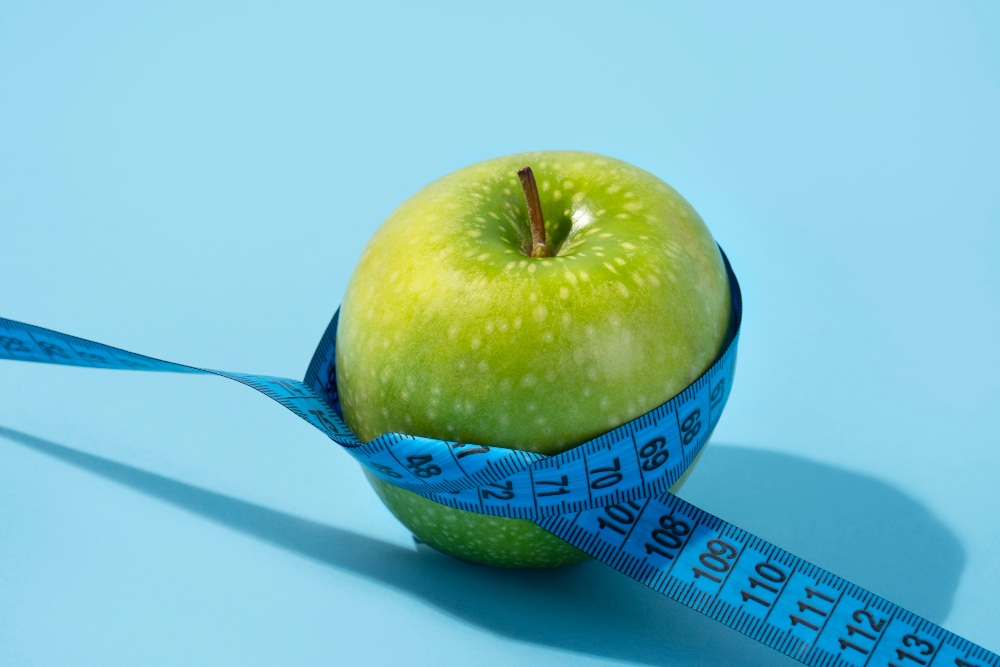
🌅 Why Mornings Matter More Than You Think
A strong morning routine is more than just a buzzword. Research shows that the first hour after waking sets the tone for cognitive function, emotional regulation, and energy levels for the rest of the day.
When you start your day with intention instead of reaction, you’re more likely to stay productive, calm, and focused — even in high-stress environments.
🕓 1. Prioritize Sleep Before Sunrise
Sleep isn’t just rest — it’s brain and body repair time. Skipping quality sleep leads to poor focus, cravings, and emotional fatigue.
-
Aim for 7–9 hours per night.
-
Avoid screens at least 30 minutes before bed.
-
Stick to a consistent sleep schedule — even on weekends.
⏰ Ideal wake-up time: Between 5:30 AM – 7:00 AM, depending on your natural rhythm and responsibilities.
🚿 2. Wake Gently, Not with a Jolt
Start your day in a peaceful state. Use soft alarm tones, stretch in bed, or open a window to let natural light in.
Sudden, harsh wake-ups trigger stress hormones like cortisol, which can increase anxiety throughout the day.
🧘♂️ 3. Begin with a Mindful Ritual (No Screens!)
Instead of checking your phone first thing, give yourself a 10–15 minute buffer for clarity. Use this time for:
-
Meditation: Focused breathing or guided meditation apps like Headspace or Calm.
-
Gratitude journaling: Write 1–3 things you’re thankful for.
-
Affirmations: Say something kind or powerful to yourself (e.g., “I am in control of my day”).
🧠 Fact: Studies show even 5 minutes of mindfulness can improve memory and reduce stress.
🚰 4. Rehydrate Your Body Immediately
After 7–8 hours without water, your body is dehydrated. Start your day with:
-
1–2 glasses of lukewarm water
-
Optional: add lemon, honey, or Himalayan salt for detox and mineral balance
-
Avoid coffee as the first liquid—it acts as a diuretic and can dehydrate further
🏃♀️ 5. Move for Just 10–30 Minutes
You don’t need a gym or a trainer. Your goal is activation, not exhaustion.
Great morning activities include:
-
Yoga (Sun Salutations are ideal)
-
Stretching (dynamic, not static)
-
Light bodyweight exercise (squats, planks, push-ups)
-
Walking or a brief jog
💡 Pro Tip: Morning movement increases dopamine and serotonin, improving motivation and mood all day.
📖 6. Feed Your Brain — Read or Listen
Take 10 minutes to read a few pages of a book, listen to a podcast, or even an audiobook.
Topics to consider:
-
Motivation
-
Mental health
-
Financial education
-
Global news (from a trusted, non-sensational source)
This trains your brain to learn and grow — not scroll and react.
📝 7. Plan Your Day With Intention
Create a mini action plan:
-
List your Top 3 priorities
-
Set time blocks for deep work and breaks
-
Visualize your ideal outcome
Use planners, digital apps, or even a sticky note — clarity is more important than tools.
🍳 8. Choose a Nutritious, Balanced Breakfast
Your first meal fuels your brain, balances your hormones, and stabilizes blood sugar. Avoid sugary cereals and instead choose:
-
Protein: Eggs, Greek yogurt, tofu
-
Complex carbs: Oats, quinoa, whole grain toast
-
Healthy fats: Avocado, seeds, olive oil
-
Fruits/veggies: Add fiber and micronutrients
🥤 Pro Tip: A protein smoothie is a great option when short on time.
❌ 9. Avoid These Morning Killers
Many people unknowingly sabotage their day before 8 AM. Here’s what to skip:
-
Phone scrolling → triggers comparison and anxiety
-
Skipping breakfast → leads to energy crashes
-
High-sugar foods → quick energy, followed by fatigue
-
Negative news → raises cortisol and mental fatigue
🔄 Sample Morning Routine Template (Flexible & Effective)
| Time | Task |
|---|---|
| 6:00 AM | Wake up, drink lemon water |
| 6:15 AM | 10 minutes meditation |
| 6:30 AM | 15 minutes yoga or stretching |
| 6:45 AM | Read 5 pages of a motivational book |
| 7:00 AM | Plan 3 tasks for the day |
| 7:15 AM | Healthy breakfast with protein & fruit |
| 7:30 AM | Shower and get ready for the day |
Even if you follow just 3–4 of these consistently, you’ll notice a dramatic change in your energy, focus, and calmness.
🧠 Why This Works: Backed by Science
-
Morning movement boosts brain-derived neurotrophic factor (BDNF), improving memory.
-
Journaling and planning improve executive function and productivity.
-
Early rising aligns with circadian rhythms, promoting better hormonal balance.
🎯 Final Takeaway
Morning routines don’t need to be rigid or one-size-fits-all. But they must be intentional.
Whether you’re a student, working professional, or entrepreneur, creating a 30–60 minute self-care window before the world wakes up can transform not just your day — but your life.
👉 Start with small wins: wake 15 minutes earlier, stretch, sip water, and reflect. Stack one good habit at a time.
🌞 Own your morning — and the rest will follow.













